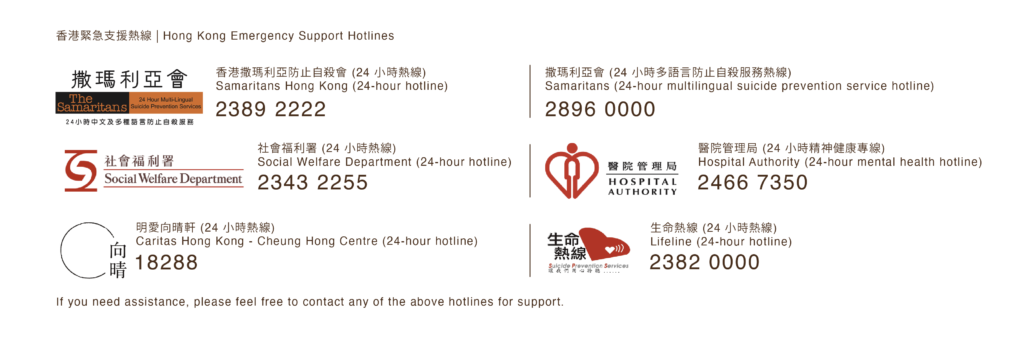“Resigning to Cure All Ills?!”5 Things to Check Before You Quit!
Even if you think, “I want to resign because of my depression…”, you may find it difficult to make a decision due to concerns about whether resigning is truly the right choice or if it means you’re being selfish. Many people decide to resign due to depression—according to the 2022 Occupational Safety and Health Survey, the percentage of employees resigning due to mental health issues rose to 5.9%, up from 4.1% the previous year.In short, deciding to resign is never a foolish decision.However, it is a significant choice that must be carefully considered, as returning to work after resigning can be challenging.
Here are some things to consider before resigning to avoid future regrets:
Talk to Someone Close to You
It’s important to discuss your feelings with someone close, like family or friends.Talking can help clarify your thoughts.As you express your feelings, you might change your mind and think, “Maybe I can find a way to continue in this job.”Additionally, if you explain your decision to resign in advance, your loved ones will be less worried about what you will do afterward, allowing you to focus more on your recovery and rest.
Check Your Financial Situation
Before resigning, ask yourself, “How much do I need for living expenses?” and “Can I maintain my lifestyle after resigning?”Pay attention to your financial situation.While taking a break to recover your health is important, a lack of clear financial planning can lead to anxiety about finding a new job quickly, making it hard to relax even after resigning.Resigning can add stress and slow down your recovery.
Consult a Doctor
If you’re considering resigning, consult your doctor first.Symptoms of depression can include impaired judgment and feelings of worthlessness.When symptoms are severe, it can be difficult to make sound decisions.If work stress is overwhelming, resigning might help alleviate that pressure.However, if it’s an impulsive decision, you may regret it later.Therefore, it’s crucial to consult your doctor to determine if now is the right time to resign.
Think About Whether Work is Really the Cause
Consider whether the stress causing your depression is genuinely related to work.Depression typically arises from multiple factors, not just one.Even if you want to resign, other stressors outside of work, such as relationship issues, chronic health conditions, or financial insecurity, may be affecting you.In such cases, resigning may not address the root problem.
– Avoid thinking, “I can’t go to work, so it must be work-related. “Try to identify other factors contributing to your stress.
– If you’re feeling stressed due to your work environment or workload, consider whether there are alternatives to resigning.
– Even if you eliminate stressors outside of work, it’s okay to reconsider resigning if circumstances become difficult.
Consider Alternatives to Resigning
If you genuinely want to continue in your job, review the existing policies at your workplace:
– How long can you take off?
– Are there options for reassignment or temporary work when you return?
– Is there sick leave available?
The 3 Benefits of Resigning to Cure All Ills
Eliminate Work-Related Stress: Resigning can remove the work-related stress that contributes to depression.You won’t have to regularly check in with your workplace and HR, as the length of your leave varies by company policy.If you don’t return within a year, you may be terminated.Resigning can significantly alleviate these pressures.
Focus on Treatment and Rest: Another benefit is the ability to concentrate on treatment and rest without worrying about work.The relapse rate for depression is about 60%, and rushing back to work before symptoms stabilize increases the risk of recurrence.While you may want to return to work quickly due to financial concerns and promotion opportunities, pushing yourself too hard can lead to another episode of depression, requiring you to take leave again.Being able to focus on treatment and rest without a time constraint is one of the advantages of resigning.
Opportunity to Try New Things: As your health improves, your motivation will gradually return.You will also have time to explore things you wanted to do during your time off.The sense of accomplishment from pursuing your interests can help boost your self-esteem.Perhaps these new challenges will lead to new job opportunities and enrich your future life.
In conclusion, resigning is a significant decision that requires careful consideration.By evaluating your situation and exploring alternatives, you can make a more informed choice that supports your mental health and well-being.






